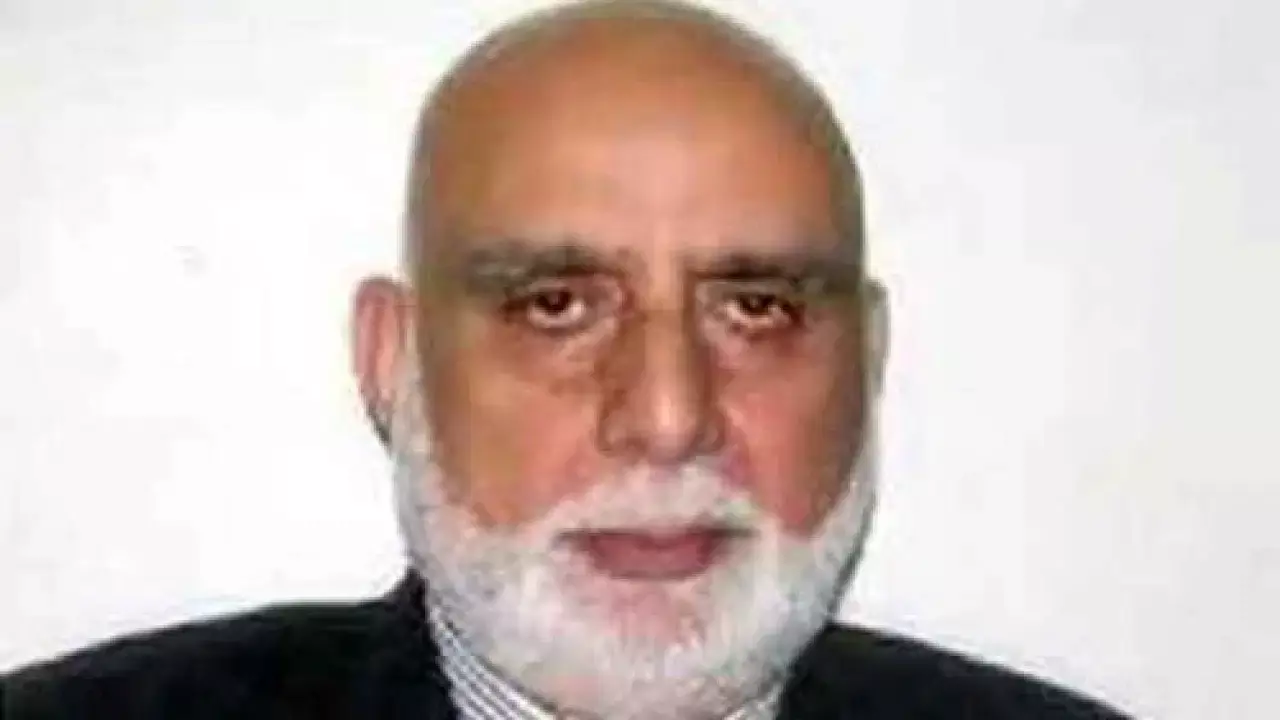The Delhi High Court yesterday renotified Kashmiri businessman Zahoor Ahmad Shah Watali's appeal for bail on account of lapse of time, in connection with a terror funding case. The bench of Justices Sidharth Mridul and Anup Jairam Bhambhani has renotified the case for hearing in August after the lower court would have passed order on framing of charges.The bench said that as the Supreme Court...

